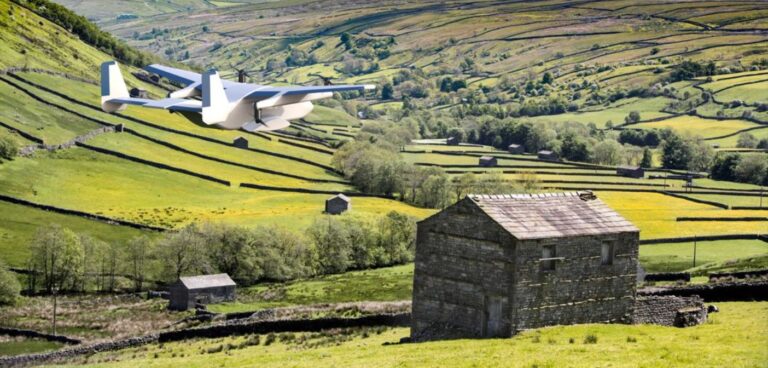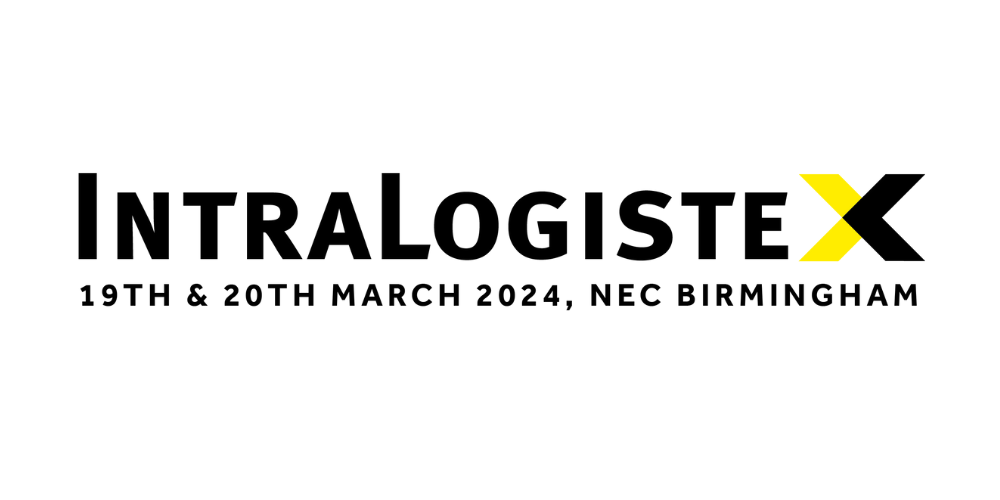The Department for Transport (DfT) has awarded £1.96 million in funding to 67 projects centring around transport technology as part of the UK government’s Transport Research and Innovation Grant (TRIG) programme.
Aiming to support the development of ‘transport technologies of the future’, the TRIG programme was announced in December 2022, as reported by Logistics Manager.
Speaking on the grant funding, Transport and Decarbonisation Minister Jesse Norman said: “The government wants the UK to be a world leader in the future of transport and, through the TRIG programme, the Department for Transport is supporting innovators and businesses to decarbonise and improve transport while growing the economy and supporting jobs across the UK.”
One of the winning projects has received funding to “explore how autonomous drones based out of small delivery hubs can be used to deliver small packages faster and cheaper to hard-to-reach rural areas”.
IONA Logistics describes itself as “a new kind of local logistics provider that mainly benefits rural areas, connecting unreached communities or those experiencing delivery surcharges due to the energy intensity of delivering there”.
The company’s work is based around the idea that using drones for the delivery of small packages to rural areas can cut costs, delivery times, and carbon emissions while increasing efficiency.
Speaking to Logistics Manager, founder and Chief Executive of IONA Etienne Louvet-de Verchère explained the inception of the idea: “It started because during the lockdown I went back to my family in a small village in Brittany, in France. There I noticed a paradox, which was that in the middle of a pandemic, the closest pharmacy from my grandmother’s home was a 30-minute drive back and forth, except she was 92 years old and couldn’t drive.”
This led him to do some research into rural logistics and he found significant inefficiencies in the logistics operations in rural areas. Data from Citizens Advice Scotland revealed that up to 1 million people in Scotland are affected by delivery surcharges as a result of their address.
In September 2022, Scotland’s Minister for Small Business, Trade, and Innovation – Richard Lochhead MSP – voiced his support for an IONA drone delivery trial in his constituency of Moray. Lochhead has been campaigning for fair delivery charges in rural communities for over five years.
He said: “The plans put forward by IONA are ambitious and could revolutionise the way deliveries are carried out in rural areas by showcasing a new tech solution to this problem, so I’m keen to work with IONA and other stakeholders to look at a trial of this system here in Moray.”
When it comes to delivery drones, Etienne Louvet-de Verchère found a gap in the market. He said: “The problem is that current technologies are limiting use cases to light medical supplies or, quite the other spectrum side of the spectrum, heavy and expensive industrial and military drones. So basically you either have the choice of a shoe-sized box and 2.3kg of cargo or a million-dollar drone that will lift pretty much anything but that’s just not possible to use in a civilian environment.”
In response to this, IONA developed a purely civilian drone that its founder says is “four times more energy-efficient, meaning extended range, larger cargo capacity, lower costs, and lower CO₂ emissions”.
The grant will help fund the development of an autonomous parcel dispatch and battery swap system, to “unlock the full potential of autonomous logistics networks”. IONA says that this system will be integrated into its existing unmanned aerial vehicle (UAV) solution for deliveries in medical supply chains as well as rural logistics.
Louvet-de Verchère explained: “The drone that we developed is designed in a very specific way to be compatible with robotic parcel handling and battery swap at scale. It means that the batteries are accessible in a very specific way.”
“With this simple system, we know that we can automate basically everything. The very valuable thing with that is that the drone can drop a parcel on it own so you don’t need somebody on site to collect it.”
In addition to improving parcel logistics and pharmaceutical deliveries in rural areas, IONA drones might also have applications in the event of emergencies. Louvet-de Verchère, who is himself a rescue diver, acknowledged that in instances where someone has a heart attack in a remote place, for example, IONA drones can travel up to 126km/h with a potentially life-saving defibrillator.
Other projects that have been awarded funding under the TRIG programme include remote-controlled delivery robots.
The Port of Tyne in the Northeast has received a grant to explore the viability of using electric heavy-duty robots – both remote-controlled and, in some cases, automated – as a replacement to HGVs. If successful, these robots could “provide a cleaner and faster alternative, reducing delays in the delivery process”.







